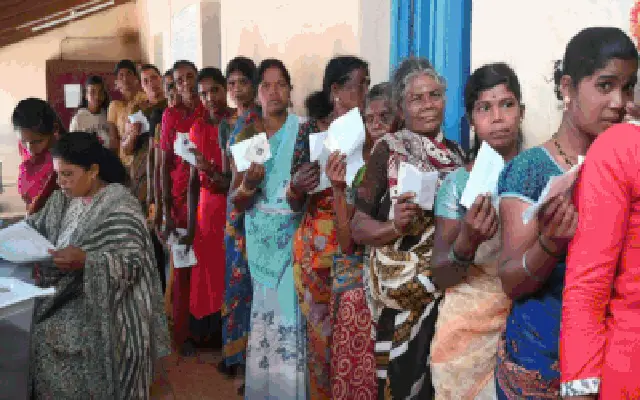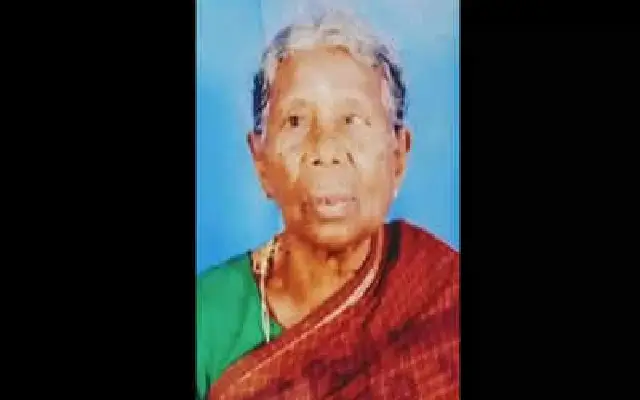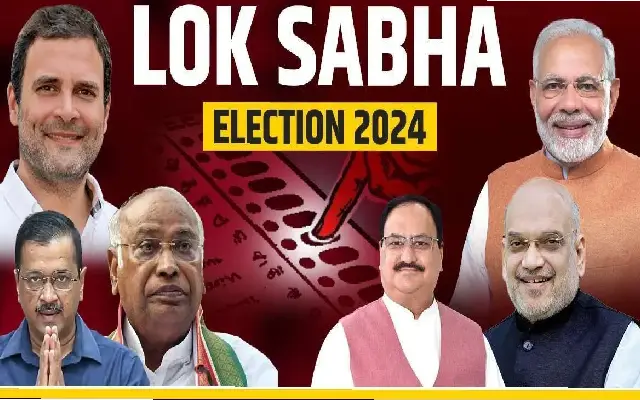
16 days and counting since the Oil Marketing Companies (OMC’s), backed obviously by their owners the Central Government, started raising the prices of fuel – both petrol and Diesel – post lockdown. The first rise in price post lockdown was notified on June 7th and the prices have been on an upward swing since then; much like a Virender Sehwag sixer over cover. Only there is no cover and nowhere to run for the common man.
As the song by Harry Belafonte goes with modified lyrics…
There’s a hole in my pocket dear government, dear government; There’s a hole..
Well, fill it dear common man, common man fill it..
With what shall I fill it dear government, dear government; with what?
You figure that out dear common man, dear common man; you figure it out.
There’s a hole in my budget too dear common man, dear common man; There’s a hole…
After Sixteen days of unprecedented upward revisions of an average of 60 paise per day, Petrol now costs Rs 79.56 and diesel Rs 78.85 per liter ex Delhi. Rates in states vary with the VAT imposed by them. What? no. VAT.
With the latest hike, petrol price has gone up by Rs 8.30 and diesel by Rs 9.22 over 16 days – What the future beholds and its cascading effect on everything else is like a horror web series on Netflix for the common man. For the moment it is asymptomatic and herd immunity seems to have set in early. But the ICU is not really far away, for those whose immunity from these hikes is limited.
But why
Why? That’s simple. The government needs your money for development (and coping with calamities that seem to befall us with regularity), what little you have left post demonetization, GST, and COVID19 and lowered Fixed deposit rates. Never say enough is what governments learn very early in their infancy – just like how a baby learns to walk. They could cut expenditure on nonessentials even defer it if required but that is not the way of any government. Nonessentials are aplenty and easily constitute up to 20% of Government expenditure.
64% of the petrol price is tax (Rs 50.69 per litre – Rs 32.98 central excise duty and Rs 17.71 is VAT) in the case of Diesel its a little over 63% ( Rs 49.43 per litre – Rs 31.83 is central excise and Rs 17.60 is VAT. Taxes make up for nearly two-thirds of the retail selling price.
According to a report by Care Ratings, the last hike effectively means that the Central government is collecting around 270 percent taxes on the base price of petrol and 256 percent in the case of diesel.
The history:
But the history of small daily dose revisions – raises and reductions (though the former beat the latter hollow) begins in 2017. They were introduced to avoid big-ticket raises which in turn raise the hackles of people quickly. The introduction of the system was to compensate for crude oil price increases in the international market, not to pander to the rising revenue requirements of the Government. Incidentally, the tax on petrol was Rs 9.48 per liter when the Modi government took office in 2014 and that on diesel was Rs 3.56 a liter. The crude oil prices were in the range of USD 90 to 100 a barrel. Today it is in the range of USD 35 to 45 a barrel.
Between November 2014 and January 2016 the government raised excise duty on petrol and diesel on nine occasions as International Crude Oil Prices plummeted. Nine Times in 15 months. Read that again. In all, duty on petrol rate was hiked by Rs 11.77 per liter and that on diesel by 13.47 a liter in those 15 months that helped the government’s excise mop-up more than double to Rs 2,42,000 crore in 2016-17 from Rs 99,000 crore in 2014-15.
Then in March this year on March 14 to be precise, the government increased excise duty on petrol and diesel by Rs 3 per liter each to raise an additional Rs 39,000 crore in revenue annually. This duty hike included Rs 2 a liter increase in special additional excise duty and Re 1 in road and infrastructure cess. This hike took the special additional excise duty to the maximum permissible limit in law—Rs 10 in case of petrol and Rs 4 in case of diesel.
Then again on May 5, 2020, it raised the excise duty by a record Rs 10 per liter in case of petrol and Rs 13 on diesel. This will give the government Rs 2 lakh crore in additional tax revenues. But prices remained stable due to the lockdown and lower crude oil prices. As per the government notification issued, of the Rs 10 per liter increase in duty on petrol, Rs 8 will be road and infrastructure cess, while Rs 2 will account for special additional excise duty. Similarly, for Rs 13 per liter duty increase in diesel, Rs 8 will be road and infrastructure cess, while Rs 5 will account for special additional excise duty.
At the time this was what officials said, “The revenue generated from these duties shall be used for infrastructure and other developmental items of expenditure,” an official said. “Retail sale prices of petrol and diesel will, however, not change on account of this increase in duties, so it will have no impact on the consumer.”
Initially what the official said held true. Retail prices of petrol and diesel were not impacted by the tax changes as the OMCs adjusted them against the falling Crude Oil Prices. Petrol and diesel prices were not revised since March 16 despite international oil prices falling to a two-decade low. But Crude oil prices have returned to their winning ways, as has economic activity, and the OMCs don’t want to absorb the impact anymore. “The oil market has turned the tables in May gaining over 50 percent from April’s prices, hovering over $30 a barrel now and rising. If the rising trend continued, oil companies, which absorbed a big increase in excise duty on petrol and diesel early in May, would start making losses on the sale of petrol and diesel. The sales volume of auto fuel is already down due to a demand squeeze caused by Covid-19 pandemic and lockdown,” an official at an oil marketing company (OMC) was quoted by media reports.
This last raise was by virtue of the fine print in the budget which was passed without discussion a day prior to the nationwide lockdown. So the lockdown has had more than one effect. The FM moved an amendment to the Eighth Schedule of the Finance Act 2020, to raise the limit up to which the government can raise special excise duty on petrol and diesel to Rs 18 per liter and Rs 12 per liter, respectively which they said was an enabling clause. Don’t be surprised if it is enabled quickly.
What citizens need now is a disabling clause in bold print otherwise, the wise old saying will prevail – Only Change is inevitable and constant – small change!
















